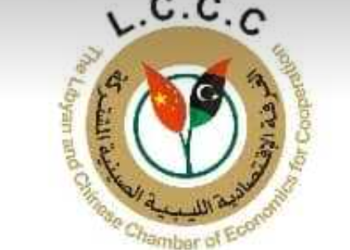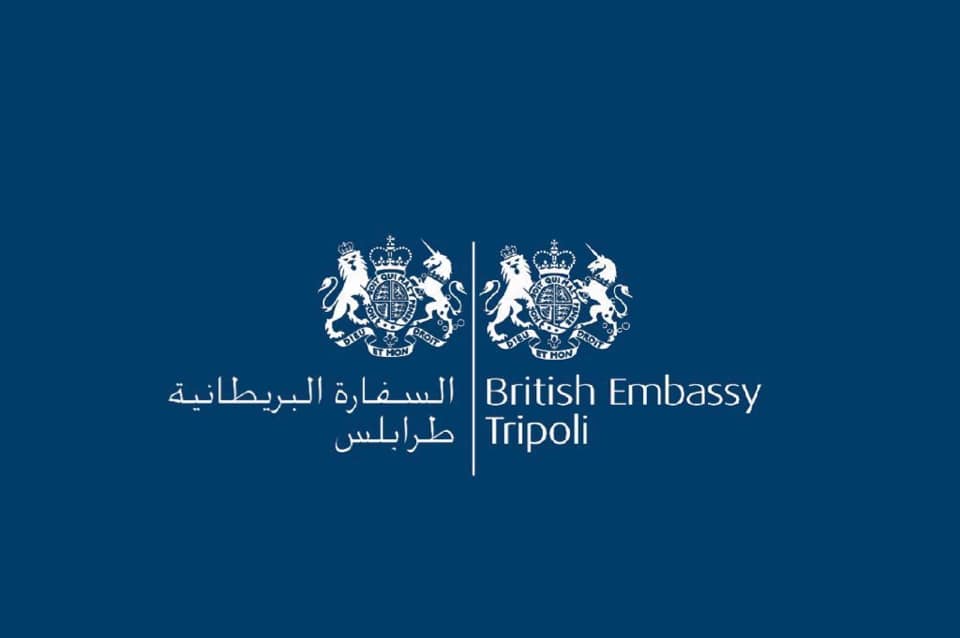Tripoli, 3 October 2012:
Demand for Sharia-compliant banking is so high that Islamic finance could become an important part of Libyan banking by . . .[restrict]the end of the year, according to the governor of the Central Bank Saddek Elkaber.
“The demand is so high in Libya so we set up a higher committee for Islamic finance” Elkaber told Reuters. He added that the committee is now “working to set up a road map for Islamic finance in Libya.”
Speaking on the fringes of a an Arab banking conference in Kuwait, Elkaber said he expected the rules would be implemented soon, “hopefully this year.”
Earlier in the year Law 46, which amended Libya’s 2005 banking Law 1, was approved by the NTC. Adel Dajani, a director at Aman Bank, told Libya Herald that Law 46 provided more details on the rules and regulations governing Islamic banks.
The approval of Law 46 firmed up comments made by Mustafa Jalil, former chairman of the NTC, during a speech in Benghazi in October. Reminding the crowds that Sharia banking meant interest would no longer be payable on loans, Jalil announced that it would be introduced to the country. This was apparently greeted by loud applause.
Dajani told Libya Herald: “In my opinion there will be a big demand for Sharia-compliant products as most of the current bank deposits are non-interest bearing given the religious conservatism of many Libyan depositors.” Dajani added that Aman Bank is keen to establish specialised Islamic branches.
“If any new Islamic bank licenses to foreign Islamic banks are given, then it should be in partnership with the Libyan private sector and not fully-owned foreign subsidiaries, in order to gain expertise for the Libyan financial sector,” said Dajani. [/restrict]









